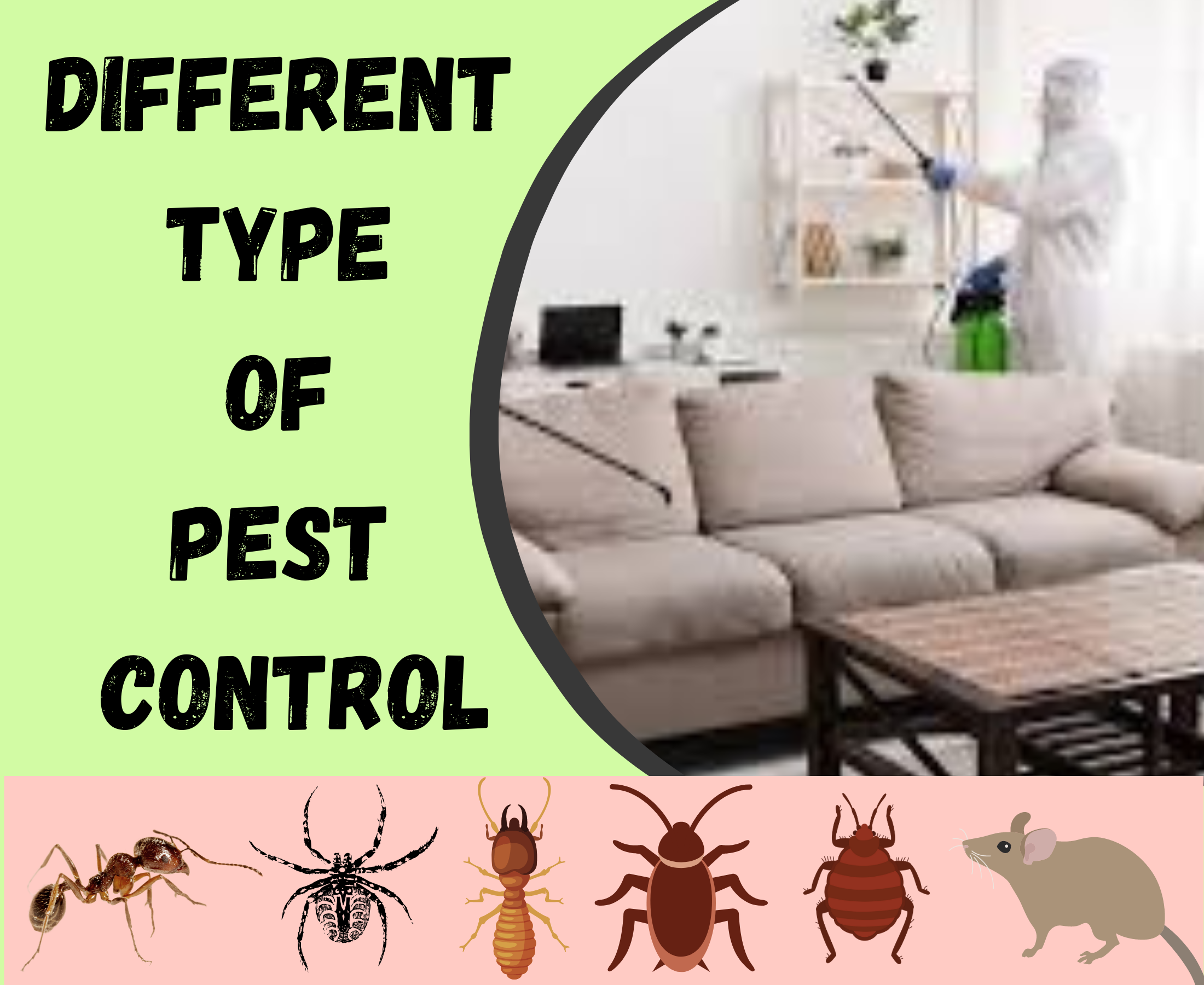Some Known Questions About Pest Control.
Facts About Pest Control Uncovered
Table of ContentsAll About Pest ControlWhat Does Pest Control Mean?The Main Principles Of Pest Control 4 Easy Facts About Pest Control DescribedPest Control for Dummies
Limitations of Chemical Administration Be able to analyze parasite troubles, figure out if monitoring is required, and make ideal suggestions making use of IPM methods. Be acquainted with different techniques of pest monitoring - their advantages and constraints.This chapter reviews (IPM), a technique that makes use of knowledge concerning bugs and their, techniques, nonchemical methods, and chemicals to take care of insect issues. Added information regarding IPM for particular plants is consisted of in phases that focus on those plants. Nonchemical pest control steps are emphasized in phase 17, "Organic Gardening." Managing birds and creatures is covered in chapter 20, "Wildlife." Handling in the backyard and yard is covered in phase 6, "Weeds." Pests in a garden or landscape may consist of pests and termites, weeds,, mammals, and birds.
Insects and weeds, nonetheless, play a duty in the. After growing a garden or establishing a grass, the all-natural process of plant sequence starts to restore and nonnative plants.
What we call "insects" belong to an all-natural system at job. An ecological community has no parasites. Just humans think about specific types pests when they occur where they are not desired. We will certainly be a lot more successful in taking care of undesirable species when we understand that these microorganisms follow foreseeable patterns that we can use to our advantage.
Unknown Facts About Pest Control
Pests prone to a pesticide were promptly killed, leaving immune ones to breed and multiply. It ended up being clear that chemicals alone would not fix all parasite troubles. Instead, overuse of pesticides triggered the growth of resistant insects. Researchers started to establish a brand-new approach to pest control. This new technique was referred to as integrated insect monitoring (IPM).
An IPM plan enables some degree of parasites in the setting. Pests are much less likely to make it through a program that makes use of several methods of minimizing their populaces. Integrated parasite management was first suggested by entomologists since insects were the first group of pests to prove challenging to handle with chemicals alone.
A threshold is the factor at which activity must be taken. IPM has actually prolonged beyond insects to monitoring of all pest populaces: weeds, illness organisms, and mammals.
Getting The Pest Control To Work
Administration rather than removal of parasites is the objective. An IPM plan begins with a careful assessment of each insect invasion.
Clover growing in a lawn might be viewed as an unwanted weed, however as a bean it is synthesizing nitrogen for the soil and the flowers are supplying nectar to honey and other. Tolerance for some weeds might become part of an IPM plan. may be consuming the fallen leaves of a plant, yet when they are identified as the larvae of Eastern tiger swallowtail butterflies, their damage may be tolerated so Recommended Reading we can appreciate the stunning butterfly.

The 2nd most essential device in pest administration is very early intervention. Existing and watchful in the garden guarantees very early detection. Responding to troubles rapidly, prior to they have time to increase, requires a less remarkable treatment. The 3rd most essential device is recordkeeping; tracking what takes place in the garden enables a garden enthusiast to identify patterns and make educated decisions.
All About Pest Control
Several secure, sensible, nonchemical approaches of plant security and bug management may reduce or eliminate the demand to spray. Various other blog techniques are most helpful when utilized with pesticides. To implement management techniques correctly and to reduce losses, gardeners should know the kinds of parasites that attack plants and comprehend pest biology.

Conducting a soil test and using only the advised amount of fertilizer and lime maximizes the benefit to the plant while reducing issues connected to too much use plant food - Pest Control. Covering the soil with several inches of mulch safeguards the plant in a number of methods: minimizing dirt water loss to evaporation, reducing weed competitors, supplying nutrients, and developing an ideal setting for earthworms and microbes that maintain the dirt loose for origins and break down organic material to release nutrients
If mulch touches the trunk, it can create a means for voles, germs, and fungi to attack the plant. Do not make use of manure or garden compost that has not thoroughly decomposed as a leading clothing since it can urge unwanted bugs. Research suggests that tilling the dirt is damaging to soil framework.
The Ultimate Guide To Pest Control
If tilling is regarded needed, take into consideration doing it in the autumn when the life process of numerous pests brings them near the surface. At the surface area, insects come to be revealed to the weather condition along with birds and other all-natural enemies. Autumn tilling can additionally destroy bugs in plant deposits. Use healthsome and insect-free licensed seeds and plants if available.